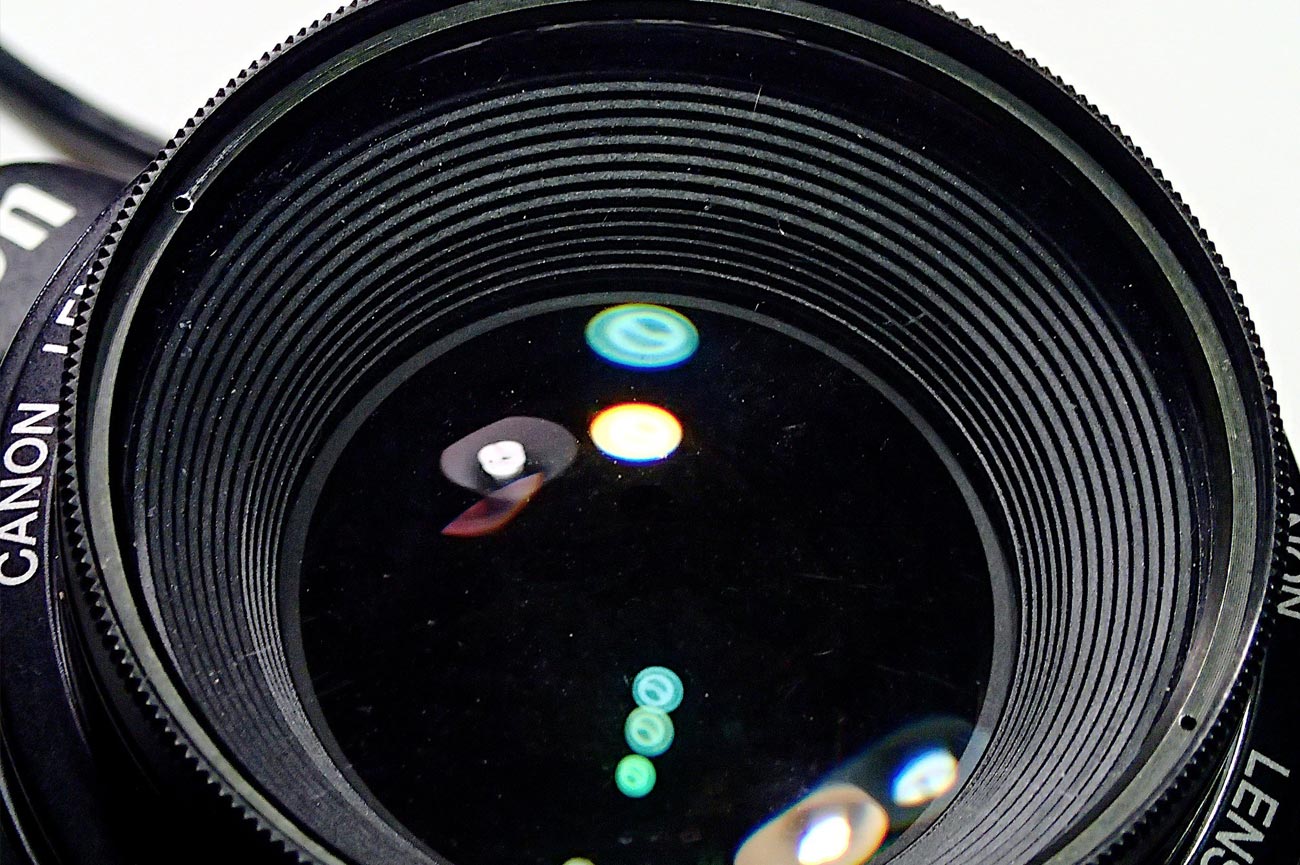Film Camera Lens Buyer’s Guide

Photo by Alan Levine.
When purchasing a lens for your camera body, there are a few things to consider and many options that will fit any budget. First, you should always test the lens when possible. A mistake many make is purchasing a lens only to find out that the weight is too heavy or the size is too uncomfortable. Above all, usability is the most important feature of the lens. Additionally, you need to absolutely be sure that the lens mount will fit your camera body. Most times, Nikon lenses will only work on Nikon camera bodies and Canon on Canon, however there are many third party manufacturers for different camera brands.
Before choosing which type of lens to purchase, consider the following questions:
- Will I be shooting mostly indoors or outdoors?
- When shooting indoors, you will need a lens with a larger aperture of at least f/2.8. When shooting outdoors, the natural lighting does not require such a large aperture for faster exposure. For outdoors, a lens with an aperture of f/4 will likely suffice.
- Am I interested in shooting close ups or wide shots?
- Close ups or zooms require different lenses. Landscape, wide-angle type shots will use standard lenses or wide angle lenses. Zoom lenses, while perfect for the ability to get “close” to a far away subject, may lead to distortion of angular subjects such as architecture. Fixed lenses without zoom eliminate this distortion.
- Do I want to take photos of fast moving subjects?
- Fast moving subjects require fast lenses. A lens with an aperture of at least f/1.4 is necessary, particularly for indoor situations such as sporting events. Unless you want the subject to blur in motion, the faster lens is absolutely required.
- Will I be using my camera on-the-go or will I always have time to set up the space?
- Light, compact lenses will work best if you plan to hike through nature for photography. Large and bulky lenses, however, are often made with better materials for higher quality photographs. The larger lens may also restrict where you can take the camera.
In all likelihood, you won’t be purchasing every type of lens right away. So when you answer these questions, you will have a better idea of what you intend to shoot and what lens would suit your needs for the majority of your work. The key points to look for are the speed of the lens (aperture range), and whether or not you want features such as zoom or macro.
Finally, you need to consider your budgets. Third party “all-purpose” lenses will be the least expensive option for you. Many of these lenses will offer minimal zoom capabilities and a decent range in speed. However, the quality of the lens is often low. While many beginners may not notice the difference in quality, they will eventually and will look to buy a higher quality lens.
Top-grade third party lenses are a step up from the “all-purpose” variety and will give you a little more room to work with. The quality of the glass is improved and the speed of the lens is often wider in range. If you want a premium lens but cannot afford the top tier from manufacturers like Nikon and Canon, then this would be your best bet. Look for brand names such as Sigma or Tamron for a nice third party lens.
If you have more money to spend, you can look at the entry-level premium lenses made by the manufacturer of your camera body. Many of these lenses are pre-packaged with film camera kits and offer a great starting point for any new photographer. For maximum quality, opt for premium fixed lenses from your camera manufacturer.
Buying Used Lenses
Buying a used lens can be tricky. When purchasing a used lens from any source, particularly ebay or other auction sites, ensure that the lens is dust-free, smoke-free, rust-free, and the shutter properly opens and closes when changing the aperture. Major dust and smoke damage will show on your photographs and rust on the shutter may prevent it from functioning properly. Small aperture settings may not close enough and large aperture settings may not open enough.
To purchase lenses and see user reviews of various new and used camera lenses, visit Amazon.com.
For more buyer tips, please see the film camera buyer’s guide.

















